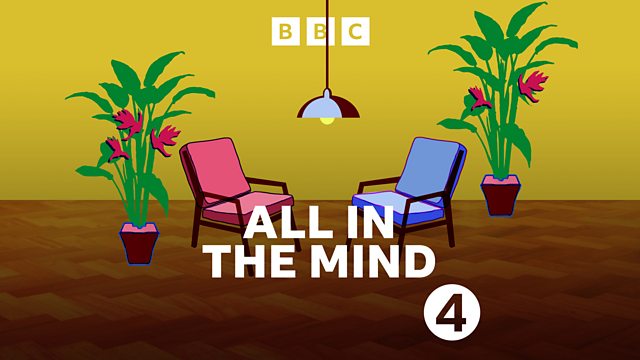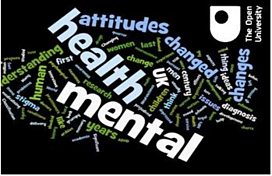Ambiguous Loss; All in the Mind Awards; Pandemic impact on memory; Corpus Callosum
Claudia Hammond examines the challenge of dealing with a loss when you aren't sure what's happened and unable to move on and asks what impact has the pandemic had on our memories
Have you ever lost a loved one who was still a part of your life in some way? Did it leave you feeling confused or frozen about how to continue with life? Claudia Hammond examines the distressing phenomenon known as ambiguous loss – the enormous challenge of dealing with a loss when you aren’t sure what’s happened, leaving you searching for answers, unable to move on.
The All in the Mind 2021 mental health awards have just been launched, where you can nominate the person or group who has a made a difference to your mental health. Claudia catches up with some of the finalists from the past to see what’s happened to them since, and what the awards have meant for them.
What has the pandemic done to our memories? Anecdotally many report they keep forgetting things they’re sure they would have remembered before. Claudia’s studio guest, Professor Catherine Loveday of the University of Westminster examines the new emerging evidence behind this phenomenon.
Our brains are in two halves and they are linked by a structure known as the corpus callosum. But some babies are born without a corpus callosum linking the brain's two sides. A quarter of these babies grow up with serious developmental difficulties, while others have no difficulties at all, suggesting that somehow the brain is compensating,. A researcher at the University of Geneva. Dr Vanessa Sifreddi, has scanned the brains of children aged between 8 and 17 and has found that for some children the two halves of their brains succeed in communicating.
Producer Adrian Washbourne
Last on
![]()
All in the Mind is produced in association with The Open University
Broadcasts
- Tue 1 Dec 2020 21:00����ý Radio 4
- Wed 2 Dec 2020 15:30����ý Radio 4
Podcast
-
![]()
All in the Mind
The show with the latest evidence on psychology, mental health and neuroscience.




